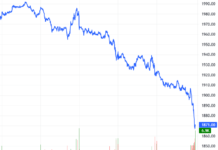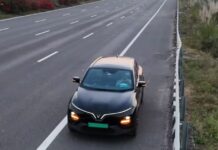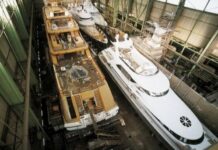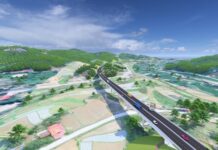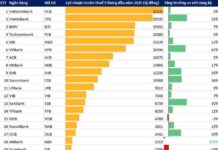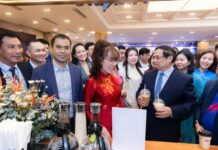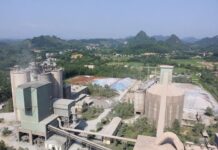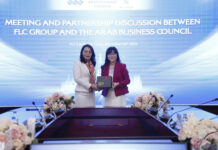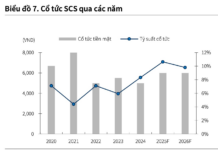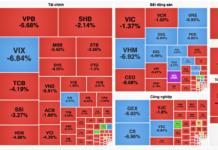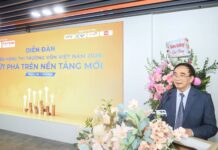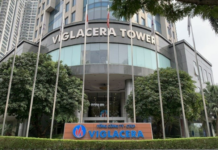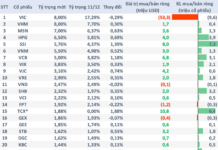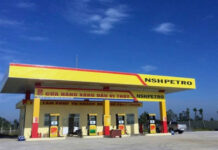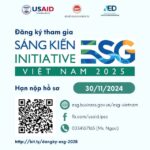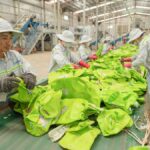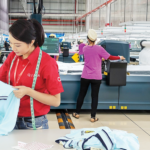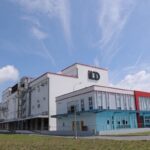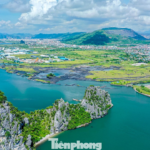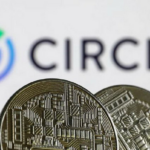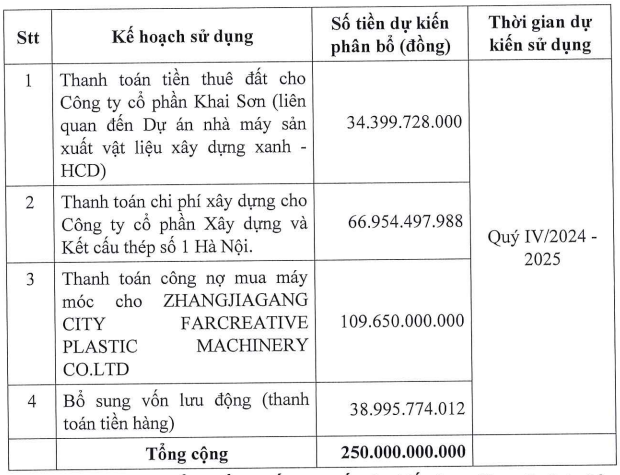According to the Report on the Industrial and Commercial Production Situation in September and the first nine months of 2924, in the first nine months of 2024, the estimated added value of the entire industry sector increased by 8.34% over the same period last year, contributing 2.71 percentage points to the growth rate of the total added value of the entire economy.
Vietnam’s industry sector plays a significant role in the country’s economic growth. This sector has also been witnessing positive changes recently, following the trend of green consumption.
Economic experts believe that the green transition in industrial enterprises brings about numerous benefits. It not only meets the green criteria of customers but also reduces costs and ensures stable production in the face of unexpected market fluctuations.
For this reason, many businesses have considered factors related to recycling, resource conservation, and environmental friendliness from the very beginning of their production processes. As a result, numerous companies have made substantial investments in technology and production equipment to improve their processes, aiming for green production and sustainable development. This includes installing equipment to utilize renewable energy, applying circular economics, and upgrading wastewater treatment systems, with PPJ Group being a leading example.

PPJ Group is a pioneer in incorporating green practices into its manufacturing processes.
Producing a pair of jeans requires only a glass of water
Established on April 19, 2007, PPJ Group, formerly known as Phong Phu International Joint Stock Company (PPJ), was initially oriented towards developing export-oriented garment manufacturing and aiming for a strategic solution for the industry by creating a global full-package apparel value chain.
The company has 30 branches and factories in 12 provinces and cities across the three regions of Vietnam, including Long An, Da Nang, Nha Trang, Hue, and Phu Yen. They also have three factories in Mexico, two factories in Egypt, and companies and representative offices in the United States and Hong Kong, China. According to the company’s official website, PPJ provides employment for over 17,000 people and is expected to surpass USD 500 million in revenue.
As a specialized export garment manufacturing company, particularly with products exported to demanding countries like the US, EU, Japan, and South Korea, PPJ Group recognizes the imperative need to transform and deeply integrate into the global supply chain.

In a sharing session, Mr. Dang Vu Hung, Chairman of the Board of Directors and General Director of PPJ Group, revealed that even before the COVID-19 pandemic, PPJ Group had thoroughly researched core science and technology. The company has harnessed technology to control water consumption, ensuring that only a glass of water is needed to produce a pair of jeans.
The company has also mastered advanced textile and garment techniques and technologies, increased automation, and combined digital and green approaches in its textile and garment production across the entire system.
PPJ has adopted advanced production technologies to meet sustainability requirements. They utilize the IEM Score to measure indicators impacting the environment and develop a technology investment roadmap to minimize environmental impact, striving towards sustainable production.
Regarding laundry technology, PPJ employs modern ozone and E-flow laundry technologies. Ozone technology is used in the laundry process of jeans, reducing water and chemical consumption. After use, ozone is converted back into regular oxygen before being released into the environment, preventing any pollution.
On the other hand, E-flow laundry technology uses Nanobubble air particles to minimize the amount of chemicals applied to the clothes, resulting in water, chemical, and electricity savings compared to traditional laundry methods. In the E-flow system, air is transformed into Nanobubble particles to evenly distribute chemicals into the fabric.
This technology can deliver the best finishing effects with minimal water usage and zero discharge. All chemicals are infused into the fabric through Nanobubble particles, ensuring that no chemical residues are released into the wastewater or the environment. E-flow technology is widely used in denim laundry applications.
According to calculations by the Energy Saving Research and Development Center, a denim factory with an annual output of 906,000 kg/year that switches from dry ozone to wet ozone processes can save 5.4% of water, equivalent to 27,180 cubic meters of water per year. It also reduces chemical consumption by 108 tons/year and fuel consumption by 0.73%, equivalent to approximately 54.3 tons of compressed wood per year. This solution saves the factory VND 935 million per year, with an initial investment of VND 4.8 billion.
Meanwhile, a factory with an annual output of 453,000 kg/year that adopts the E-flow machine with a total investment of VND 1.645 billion can save VND 767 million per year and recoup its investment in just two years.
Additionally, PPJ also utilizes the PP Robot to reduce environmental pollution and solar energy to power its operations.

Launching the Vietnam ESG Initiative 2025
The Ministry of Planning and Investment and the United States Agency for International Development (USAID), through the Vietnam Private Sector Competitiveness Enhancement Project, have launched the Vietnam ESG Initiative 2025.
The Green Revolution: Leading the Way in Eco-Consciousness
With extended producer responsibility, businesses are now accountable for the collection and recycling of waste generated from their products. This shift has led to a surge in recycling demands, empowering recyclers with additional resources and presenting a unique opportunity to revolutionize waste management.
Business Confidence Index of European Businesses in Vietnam Surges
The Business Confidence Index (BCI) for Q3 rose to 52, up from 45.1 in the same quarter last year, marking a strong rebound amidst a tumultuous year fraught with external factors.

